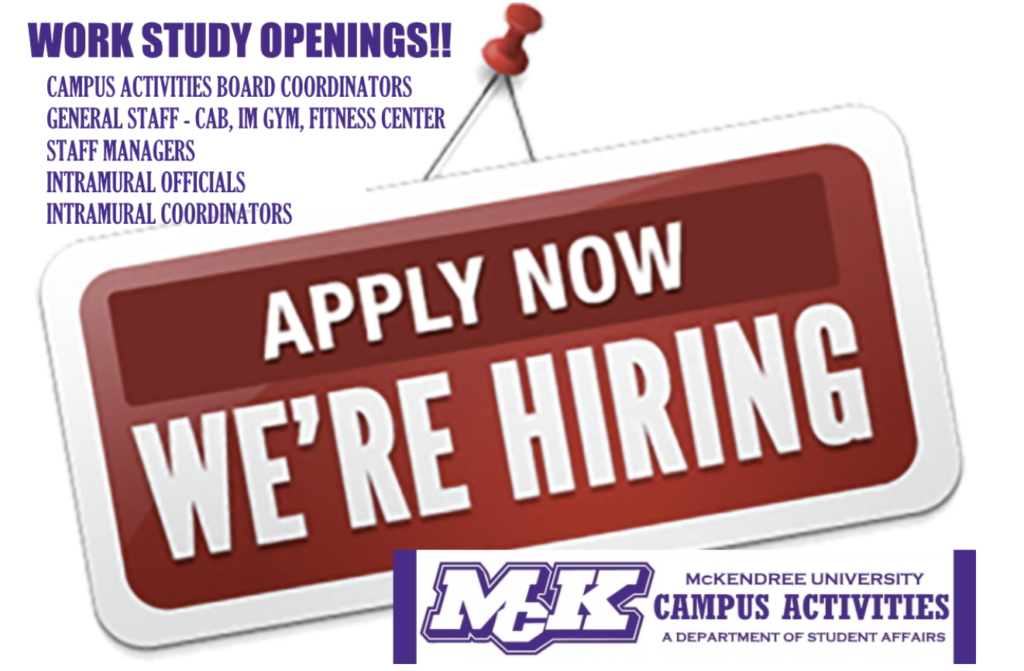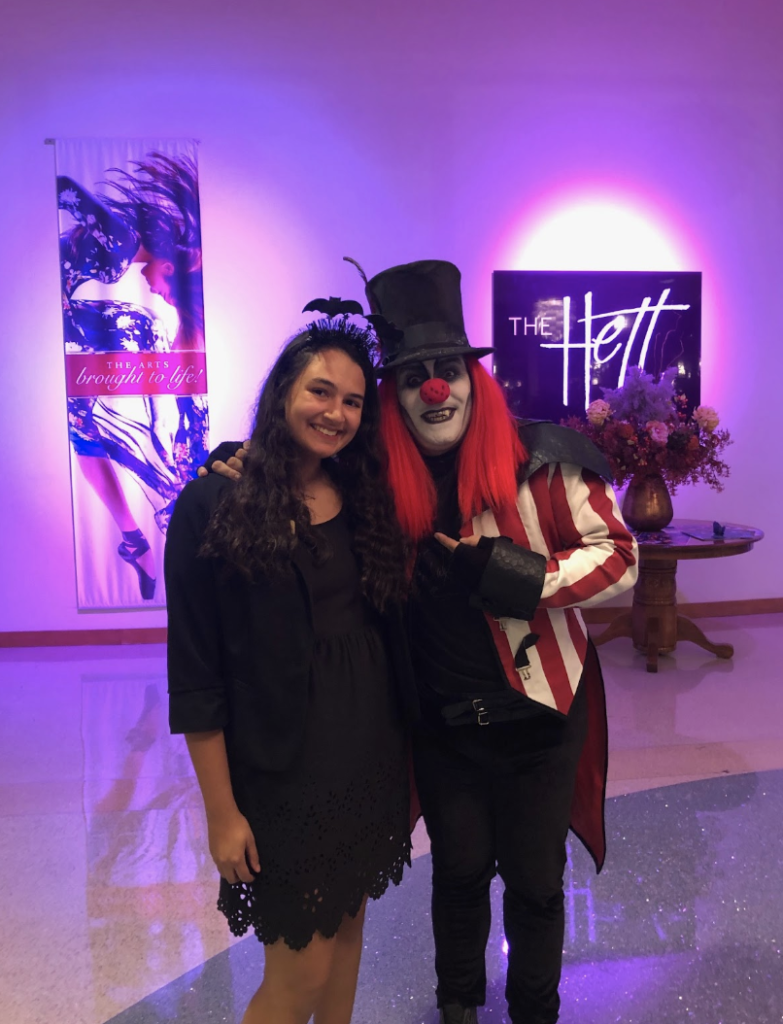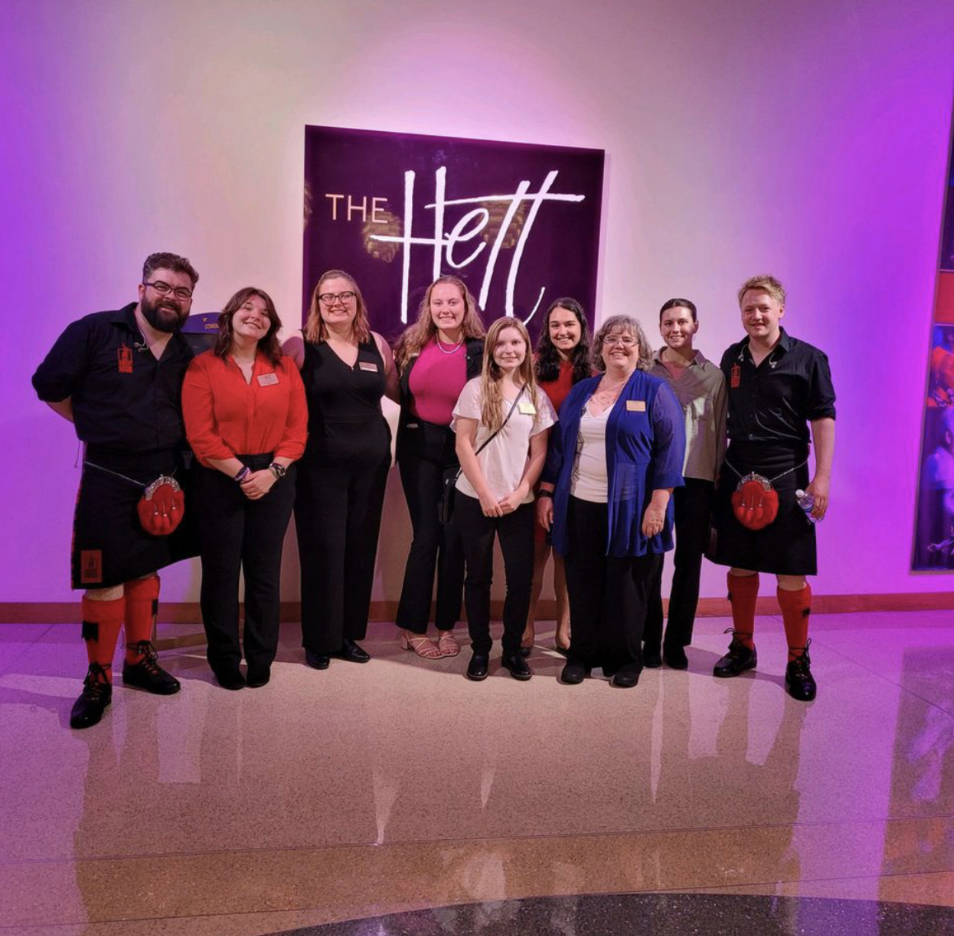
By: Kaitlyn Williams
Nearly everyone knows the exceedingly high costs of universities, from thousands of dollars in tuition to hundreds for textbooks, and, for many students, another few thousand in residency and meal plan costs every semester. Most don’t have the luxury of getting a full-ride scholarship or winning the financial lottery of being born to rich parents. So, it’s no surprise that many have to resort to financial aid, particularly student loans, to pay for college. Unfortunately, this often comes at the price of student debt, something students are increasingly becoming all too familiar with.
But how does one avoid this? With a majority of higher-paying careers requiring degrees and society’s expectation to attend college, simply “not going” isn’t always an option. One solution is to get a job, be it full or part-time, and save up money to pay it all off. To that end, a work-study position might be something for students to consider.
When filling out the FAFSA form, you might have noticed a question about work-study. For those unfamiliar, federal and institutional work-study programs, offered both on and off campus, are designed to provide part-time jobs for students with financial needs. Unlike regular employment, a federal work-study can award you an annual value of up to $3,000, and earnings do not work against you on the FAFSA form.
As these jobs are offered right on campus, they are also typically much more accommodating for working around your class schedule. This serves as a bonus for those living on campus, as they are much closer to your residency, so you generally don’t have to drive out to apply or to go to work each day. It should also be noted that money earned through work-study does not have to be paid directly to tuition costs and can be for personal use.
Financial concerns and tuition costs aren’t the only reason to consider work study. Since a lot of students attend college straight out of high school, their work experience is rather low, if they have any at all. Certain work-study positions can help you gain work experience in your major, which can be far more valuable than your typical part-time job at something like a fast-food joint.

“Work study has really improved my experience at McKendree,” said Madison Rohn, one student who does work study at the Hettenhausen Center for the Arts. “With my job at the Hett, I’ve gotten the chance to see a lot of events that I may not have gone to otherwise. I even got to meet a lot of the performers, like Reza the illusionist and Steve from Blue’s Clues. Through my job, I also gained a lot of work experience, made more friends, and gained an appreciation for all the work that theaters put into events, which I never thought about before.”
“I would recommend work study to any student who qualifies for it. It’s a great way to get involved on campus and connect not only with other students, but also with the Lebanon community, depending on which work-study position you decide on. In my job, I get to meet a lot of alumni and residents who live nearby McKendree,” Madison said.

Of course, there are some cons to participating in a work-study program. To receive the awarded money, the FAFSA form must be filled out before you answer “yes” to the work-study question. Not everyone is eligible for the work-study award. While federal work-study is not required to be employed on college campuses, it is preferred. The earnings with a work-study job are also minimum wage for all workers, and the number of hours per week is limited. Working overtime is not an option, and the amount you earn cannot exceed your total award. Some positions also have a GPA requirement.
If none of the above deter you, then it might be a good idea to try applying for one of the jobs offered on campus. You can find a list of positions on the school’s website, or you can ask the various departments if there are any job positions open. Most of the work is general staff positions and coordinators. It is best to act fast as jobs and funding are limited. However, if you didn’t answer “yes” to work study on the FAFSA, or the position you were aiming for isn’t open, then it definitely might be something to consider for the next semester.
If you have any specific questions or concerns regarding work study, please contact either the Campus Activities or Financial Aid office. Before making any financial decisions, it is recommended to talk to a financial aid counselor.
